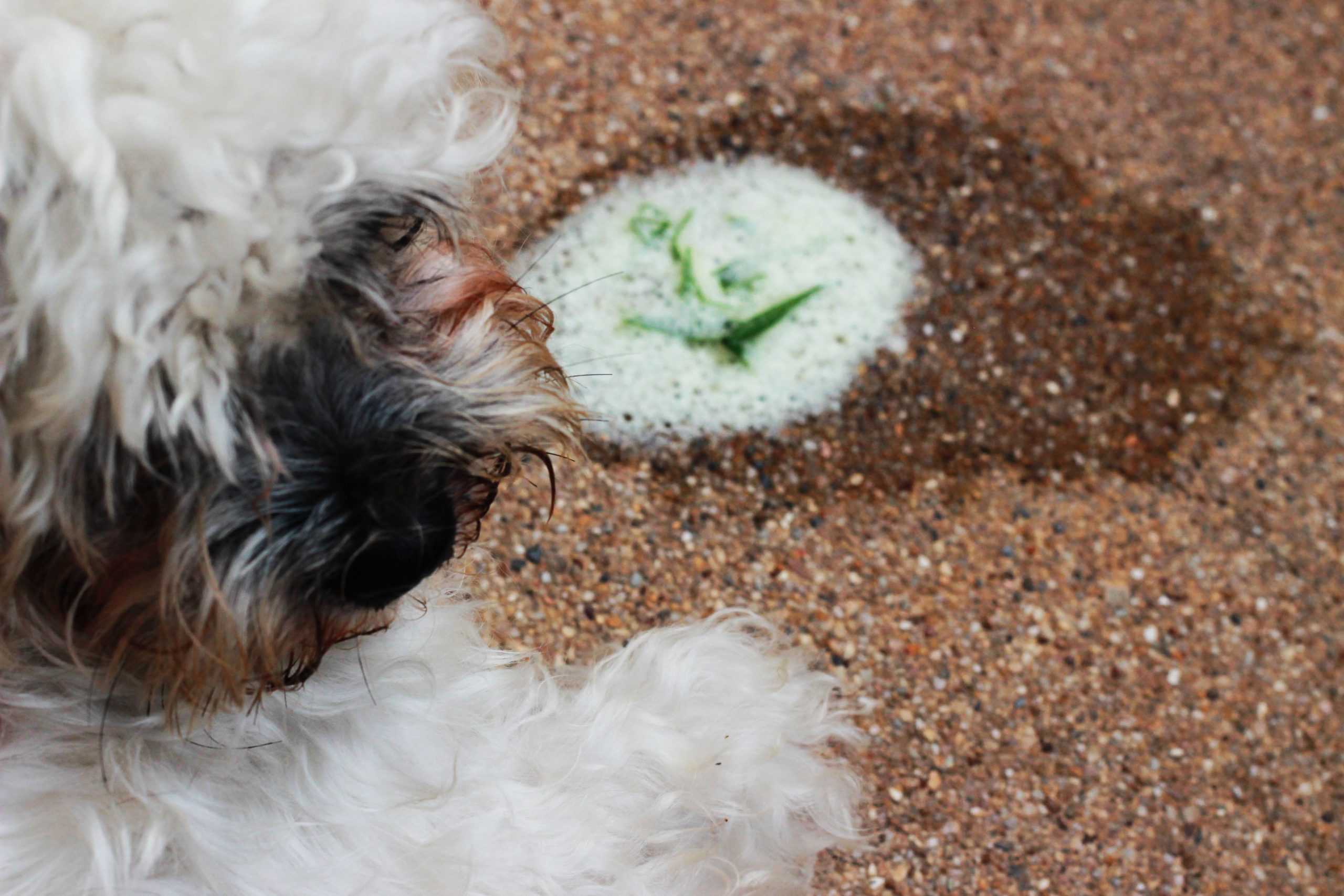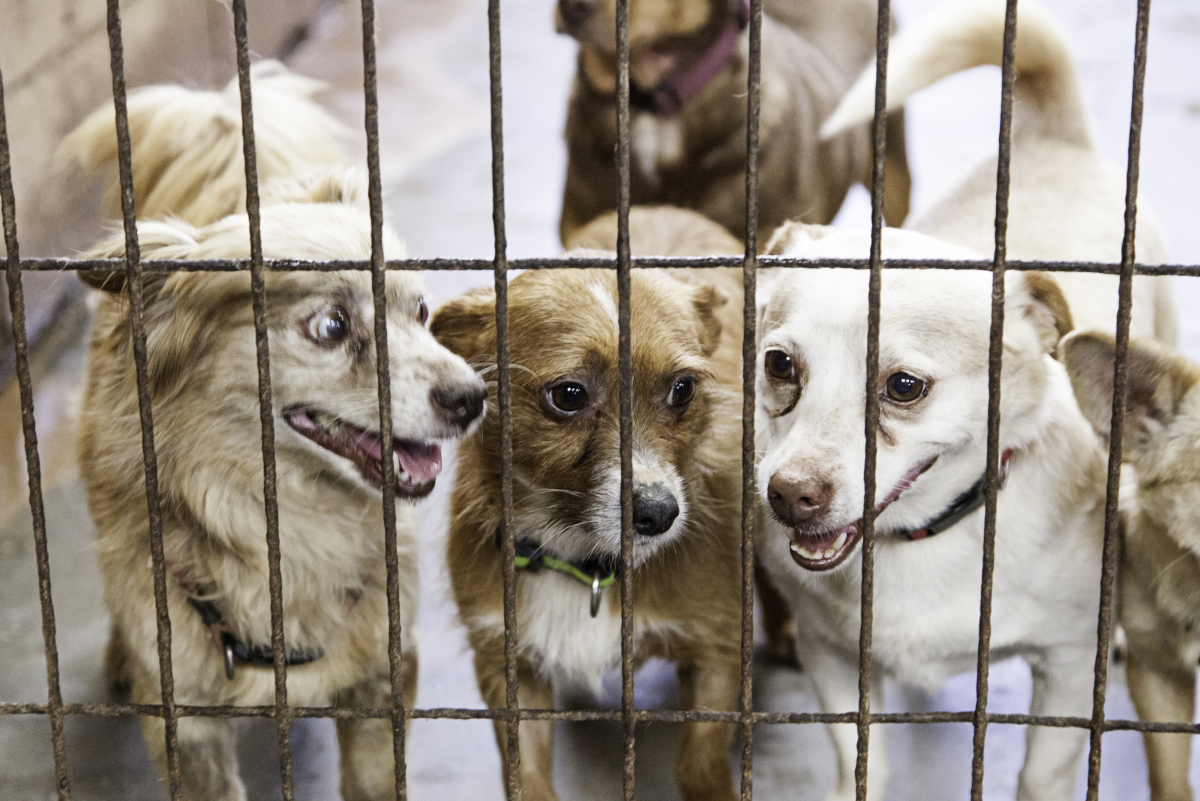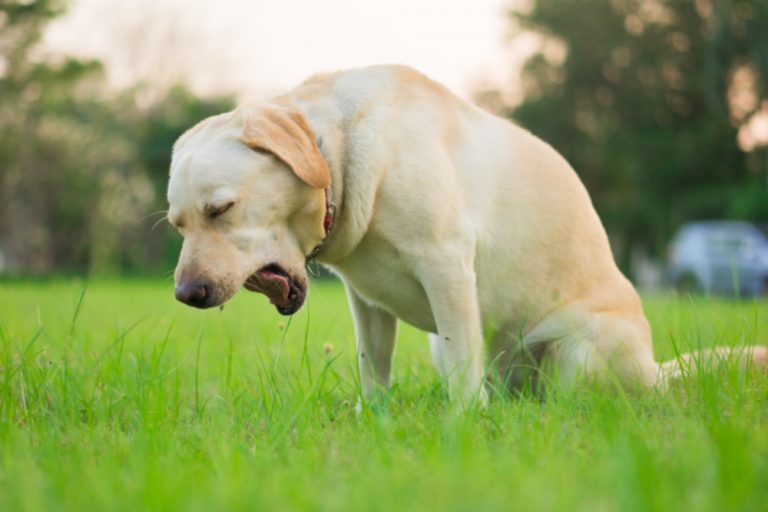Introduction
When your pup develops kennel cough, that persistent cough is a familiar sign. But did you know that sometimes this condition can also bring along vomiting? Let’s explore together the reasons behind it, the signs to watch for, how to treat it, and steps to prevent kennel coughing and vomiting in our beloved dogs.
Understanding Kennel Cough
Imagine your dog catching a cold, but for canines. That’s kennel cough, officially termed canine infectious tracheobronchitis. It spreads swiftly in places where dogs gather, like kennels, shelters, or dog hangout spots. It’s caused by a mix of viruses and bacteria, including the pesky canine parainfluenza virus and Bordetella bronchiseptica bacteria.

Symptoms of Kennel Cough Vomiting
Beyond the regular hacking cough, some pups also experience vomiting due to kennel cough. This happens when the constant coughing irritates their stomach lining, leading to throwing up or regurgitating food and fluids. Look out for signs like sluggishness, a runny nose, a mild fever, and a sudden disinterest in food.
Causes of Vomiting in Kennel Cough
That persistent cough doesn’t just bother their throat; it can irritate the whole upper respiratory tract. This irritation can trigger the vomiting reflex, causing your dog to throw up as a response to the discomfort in their throat and tummy.
Recommended:
- Petco Review: The Power of Together
- PetSmart Review: Where Pets Inspire Us
- Hill’s Pet Nutrition Review: Pioneering Pet Health and Nutrition
- Royal Canin Review: Tailored Nutrition for Every Pet
- Chewy Review: Pet Care at Your Doorstep
Treatment for Kennel Cough Vomiting
Managing kennel cough vomiting means tackling both the respiratory infection and the vomiting itself. Vets might prescribe medications to ease coughing and reduce inflammation. They might also suggest anti-nausea medications to handle those bouts of vomiting. Keeping your furry friend hydrated and well-fed during recovery is crucial.

Preventive Measures
Avoiding kennel cough and the associated vomiting involves vaccination and maintaining good hygiene. Vaccination is key, especially if your pup spends time in places where kennel cough might lurk. Also, keeping their living spaces clean and limiting contact with infected dogs can significantly cut down on the risk of infection.
Conclusion
Dealing with kennel cough and vomiting can be tough for both dogs and their human companions. Understanding how kennel cough links to vomiting, spotting the symptoms, seeking vet help, and taking preventive actions are crucial. By staying informed and proactive, pet owners can support their furry pals in recovering from kennel cough and reduce the chances of associated vomiting.
References:
- American Veterinary Medical Association (AVMA)
- The Merck Veterinary Manual
- Veterinary Information Network (VIN)

